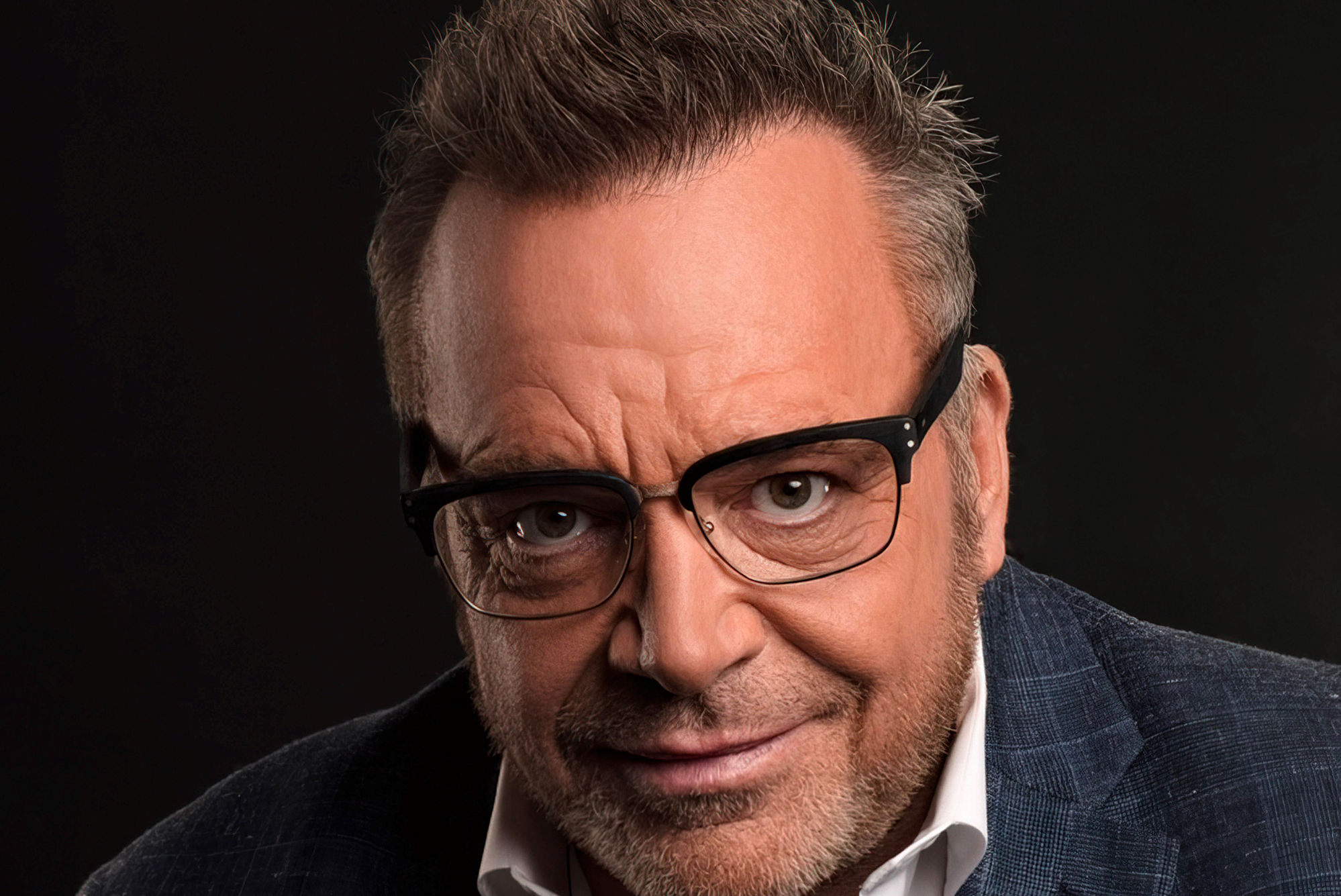Marlene Hauck Promotes Mental Wellness From Youth Onward

Marlene Hauck
Image: Everett Dennison
Marlene Hauck, 82, has dedicated her life to breaking down stigmas around mental illness—so much so that she won’t even use the term “illness.” Instead, she suggests using the term “mental wellness” when speaking about mental health, arguing that a holistic approach is vital to improving people’s wellbeing.
“Our mission is to enhance and promote mental health wellness,” she says. “If we put everyone in that box of wellness, it’s easier to understand that there is a spectrum. Rather than focusing on mental illness, let’s work on mental wellness and how we can better manage it.”
Hauck began working with the Lee and Bob Peterson Foundation in 2005. Out of that experience, Sunshine From Darkness, the organization that Hauck now leads, was born. Today, the organization is focused on mental wellness among youth.
Even before the Covid-19 pandemic exacerbated America’s youth mental health crisis, the number of young people experiencing anxiety, depression and suicidal ideation was rising. In 2019, 18.8 percent of young Americans reported seriously contemplating suicide, up from 13.8 percent in 2009—a nearly 40 percent increase. In late 2021, Surgeon General Vivek Murthy issued a warning that young people’s mental health challenges were leading to “devastating effects.” Hauck’s efforts couldn’t be more timely.
“For our 2024 initiative, we are working with collaborators to create a resiliency and emotional literacy pilot program that includes workshops where kids get to learn about their emotional self, coping skills and resiliency, but in a fun way,” she says. “We feel that it’s important to get children to better cope and learn why they need to cope.”
Sunshine From Darkness, where Hauck is the executive director, has amped up its education and outreach through programs like its mental health summit, held last November. The programming was geared toward adults, because, Hauck argues, adults and parents play an important role in a child’s mental wellness journey.
“Parents have to be involved in this education,” she says. “If we help both the parents better understand the child and the child understand themselves then we can be successful in eliminating the stigma.”
Hauck likens mental wellness to physical wellness. “We need to start telling people and treating mental health like a disease like diabetes,” she says. If someone has diabetes, discussing it is no big deal. But, she says, “when you have mental health illness, no one wants to talk about it. That needs to change. For another example, if we think about adverse conditions in our lives, that’s trauma.
If you’re in a car accident, that’s trauma. Both need extensive healing.”



